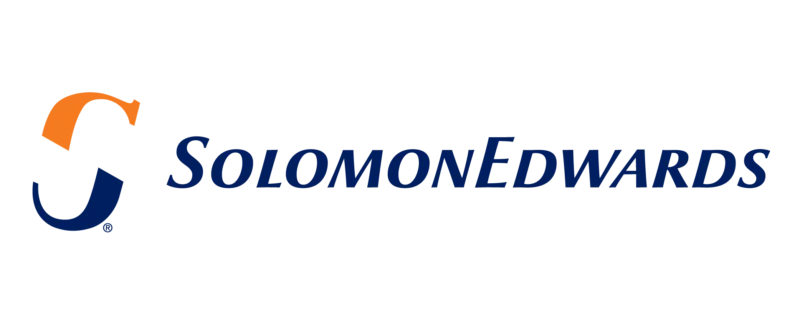In the financial industry, mergers and acquisitions (M&A) often bring opportunities for growth, but they also present significant operational challenges. This is particularly true during the critical first weekend post-acquisition, commonly known as the conversion weekend. These pivotal few days, when systems, processes, and customer data are merged and aligned, can make or break the success of the acquisition. To navigate these complexities, creating and managing a strong, centralized playbook is essential. This article explores the key elements of a successful conversion playbook and emphasizes the value of preparation, communication, and adaptability.
The role of the playbook in conversion weekend
A playbook serves as the comprehensive guide for all activities during the conversion weekend, outlining tasks, dependencies, roles and timelines. It acts as a single source of truth that aligns all stakeholders on what needs to be done, when and by whom. A well-crafted playbook minimizes risks, reduces redundancies and ensures no critical task is overlooked during this high-pressure period. However, simply having a playbook is not enough. For it to be effective, it must be a living document, evolving with insights gained through preparation and real-time execution.
The importance of thorough tabletop walkthroughs
A robust playbook begins with meticulous planning, and tabletop walkthroughs are one of the most effective methods to achieve this. These walkthroughs simulate the conversion weekend in a controlled environment, allowing teams to identify gaps, redundancies, and unclear responsibilities. It is recommended that walkthroughs not only occur with the entire conversion team but should also happen at the individual workstream level to ensure each team is comfortable with the key milestones that lie ahead in their areas of expertise.

Tabletop Walkthroughs |
|
|
|
|
|
|
Building dependencies between tasks
Task dependencies form the backbone of a successful conversion. The playbook must clearly outline which activities are sequential and which can run concurrently. Dependencies ensure that tasks are completed in the correct order, reducing the risk of bottlenecks or failures.
Improved resource allocationKnowing the sequence of tasks allows for efficient deployment of human and technological resources, avoiding unnecessary overlaps or idle time. |
 |
End-to-end workflow clarityBy visualizing task sequences, teams can better understand how their work impacts others. For example, data migration must be completed before customer account systems are activated. |
Avoiding downstream delaysDependencies help prioritize critical-path activities, ensuring no downstream task is delayed due to upstream inefficiencies. |
Fluid communication: Breaking down silos
During the conversion weekend, communication is as critical as execution. A centralized command center, supported by clear communication protocols, ensures alignment and real-time problem-solving.
|
|
|
 |
||
Centralized coordinationA command center acts as the hub for all decision-making and progress tracking. Teams must have a direct line of communication to report updates, escalate issues, and receive guidance. |
Rapid issue resolutionFluid communication enables quick identification and resolution of bottlenecks. For instance, if a technical issue arises during data migration, IT and operations teams can collaborate immediately to address it. |
Cross-team collaborationNo team operates in isolation. Encouraging transparency and interaction between departments prevents silos and fosters collective accountability.
|
Updating the playbook in real time
Even the best-laid plans require adjustments. Updating the playbook during the conversion weekend ensures it remains relevant and responsive to evolving circumstances.

Addressing unforeseen issues
No simulation can predict every scenario. By tracking and documenting real-time changes, teams can quickly adapt to unexpected challenges.

Reducing risk
Real-time updates help maintain alignment and reduce the risk of miscommunication or missed tasks.

Continuous improvement
Post-conversion, these real-time updates provide valuable insights for refining the playbook for future mergers and acquisitions.
Navigating a successful conversion
In the complicated environment of a bank acquisition, a strong, centralized playbook is the cornerstone of a successful conversion weekend. By investing in thorough tabletop walkthroughs, establishing clear task dependencies, fostering fluid communication, and updating the playbook in real time, organizations can navigate this complex process with confidence. A well-executed conversion weekend not only ensures operational stability but also lays the foundation for a seamless integration, delivering long-term value to both the institution and its customers.
Learn how our experienced Banking & Financial Services team helped a large bank seamlessly integrate an acquired financial institution, a project that required experience with complex data migrations and large-scale operational consolidation.
Mastering Conversion Weekend Drives Bank Acquisition Success









